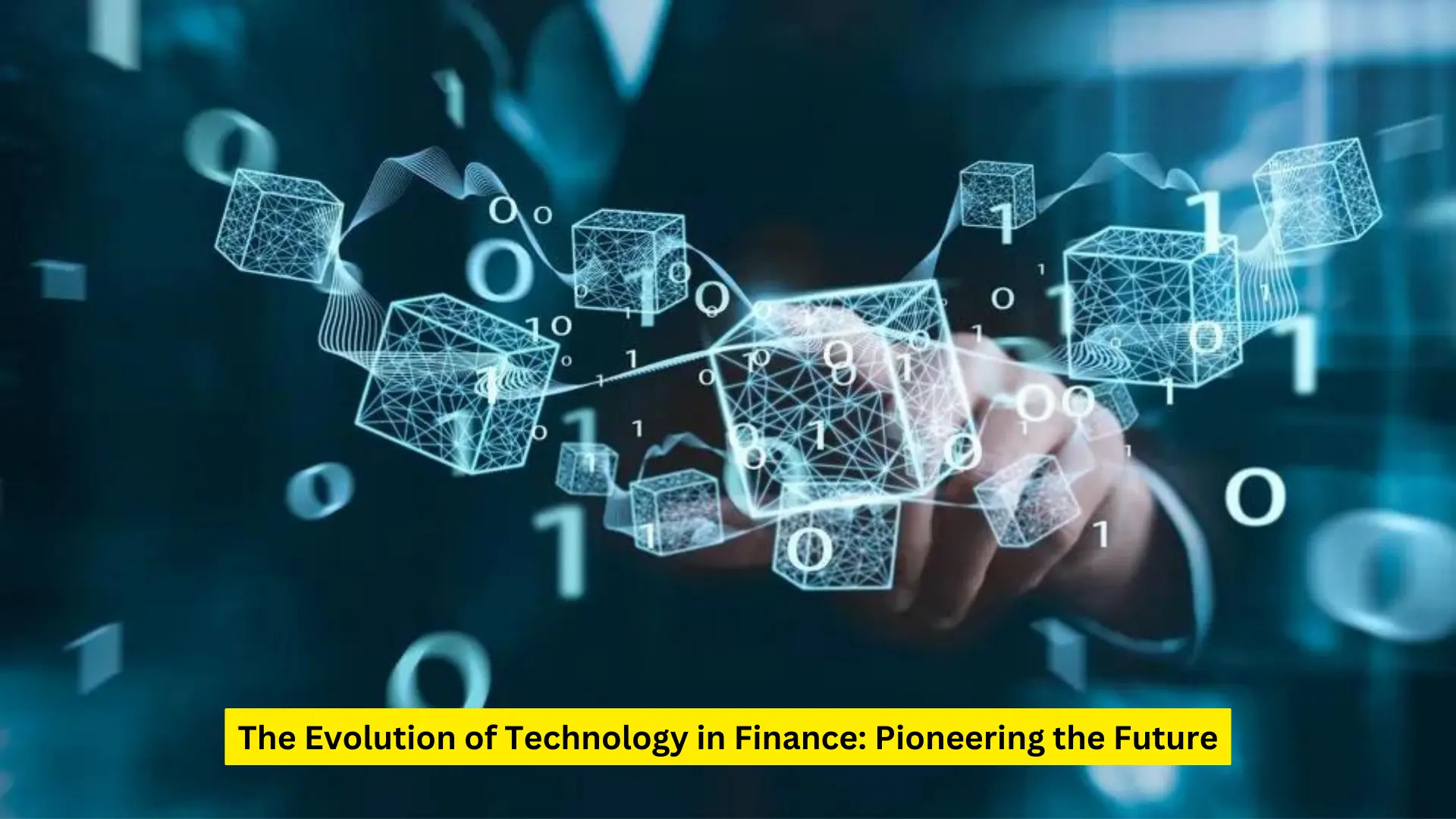The intersection of technology and finance has always been a fertile ground for innovation. As we delve into the intricacies of this relationship, it becomes evident that the future of finance is inexorably linked to technological advancements. This article explores the key developments and future trends that are shaping the financial landscape, ensuring you are well-informed about the dynamics at play.
The Rise of Fintech: Transforming Traditional Banking
Fintech, a portmanteau of “financial technology,” represents a burgeoning sector that leverages cutting-edge technology to enhance financial services. From mobile banking to blockchain, fintech is revolutionizing the way we handle money. Traditional banks are no longer the sole custodians of financial transactions. Here’s how fintech is reshaping the financial world:
- Digital Banking: The advent of digital-only banks has redefined customer expectations. These institutions offer seamless, 24/7 access to financial services, often with lower fees than their brick-and-mortar counterparts.
- Blockchain and Cryptocurrencies: Blockchain technology underpins cryptocurrencies like Bitcoin and Ethereum, offering a decentralized and transparent ledger system. This technology promises to reduce fraud, speed up transactions, and lower costs.
- Artificial Intelligence (AI) and Machine Learning (ML): AI and ML are being employed to improve customer service through chatbots, enhance fraud detection systems, and offer personalized financial advice.
Impact of Artificial Intelligence on Financial Decision Making
Artificial Intelligence is not just a buzzword; it is a transformative force in the financial sector. The application of AI in finance spans several key areas, enhancing decision-making processes and operational efficiency.
- Predictive Analytics: AI algorithms analyze vast amounts of data to predict market trends and consumer behavior, enabling more informed decision-making.
- Automated Trading: High-frequency trading platforms utilize AI to execute trades at lightning speed, often yielding higher returns than traditional trading methods.
- Risk Management: AI helps in assessing and mitigating risks by analyzing patterns and predicting potential financial downturns or crises.
Blockchain: The Bedrock of Secure Transactions
Blockchain technology has garnered significant attention for its potential to revolutionize financial transactions. Here’s how it is making a difference:
- Decentralization: By removing intermediaries, blockchain ensures transactions are direct and secure, reducing the risk of fraud.
- Transparency: Every transaction on a blockchain is recorded on a public ledger, enhancing transparency and accountability.
- Smart Contracts: These self-executing contracts with the terms directly written into code are changing the way agreements are made and enforced, reducing the need for third parties.
The Role of Big Data in Financial Services
Big Data is another pivotal component in the modern financial ecosystem. The ability to analyze massive datasets allows financial institutions to gain insights that were previously unattainable.
- Customer Insights: Big data analytics help in understanding customer needs and preferences, enabling personalized banking experiences.
- Fraud Detection: By analyzing patterns and anomalies in data, financial institutions can detect and prevent fraudulent activities more effectively.
- Regulatory Compliance: Big data assists in maintaining compliance with regulatory requirements by monitoring transactions and ensuring adherence to legal standards.
Cybersecurity: Protecting Financial Data in a Digital World
With the digitization of financial services comes the heightened risk of cyber threats. Ensuring the security of financial data is paramount.
- Encryption: Advanced encryption methods protect data from unauthorized access, ensuring that sensitive information remains secure.
- Multi-Factor Authentication (MFA): MFA adds an extra layer of security, making it more difficult for cybercriminals to gain access to accounts.
- Continuous Monitoring: Financial institutions employ continuous monitoring tools to detect and respond to security threats in real-time.
RegTech: Navigating the Complex Regulatory Landscape
Regulatory Technology, or RegTech, is an emerging field that uses technology to help businesses comply with regulations efficiently and effectively.
- Automated Compliance: RegTech solutions automate compliance processes, reducing the time and cost associated with manual compliance checks.
- Real-Time Monitoring: These tools provide real-time insights into compliance status, helping organizations stay ahead of regulatory changes.
- Data Management: RegTech aids in the management and analysis of regulatory data, ensuring accurate and timely reporting.
The Future of Payments: From Digital Wallets to Biometric Authentication
The way we pay for goods and services is evolving rapidly, driven by technological advancements. Here’s a glimpse into the future of payments:
- Digital Wallets: Services like Apple Pay, Google Wallet, and PayPal are making cashless transactions more convenient and secure.
- Contactless Payments: Near Field Communication (NFC) technology allows for quick and easy contactless payments, enhancing the customer experience.
- Biometric Authentication: Fingerprint and facial recognition technologies are being used to authenticate transactions, adding an extra layer of security.
Conclusion: Embracing the Technological Revolution in Finance
As we navigate the future, the fusion of technology and finance will continue to create opportunities and challenges. Staying informed and adapting to these changes is crucial for financial institutions and consumers alike. The advancements in fintech, AI, blockchain, big data, cybersecurity, RegTech, and payment systems are just the beginning. The financial sector must continue to innovate and evolve to meet the demands of a digital world.

